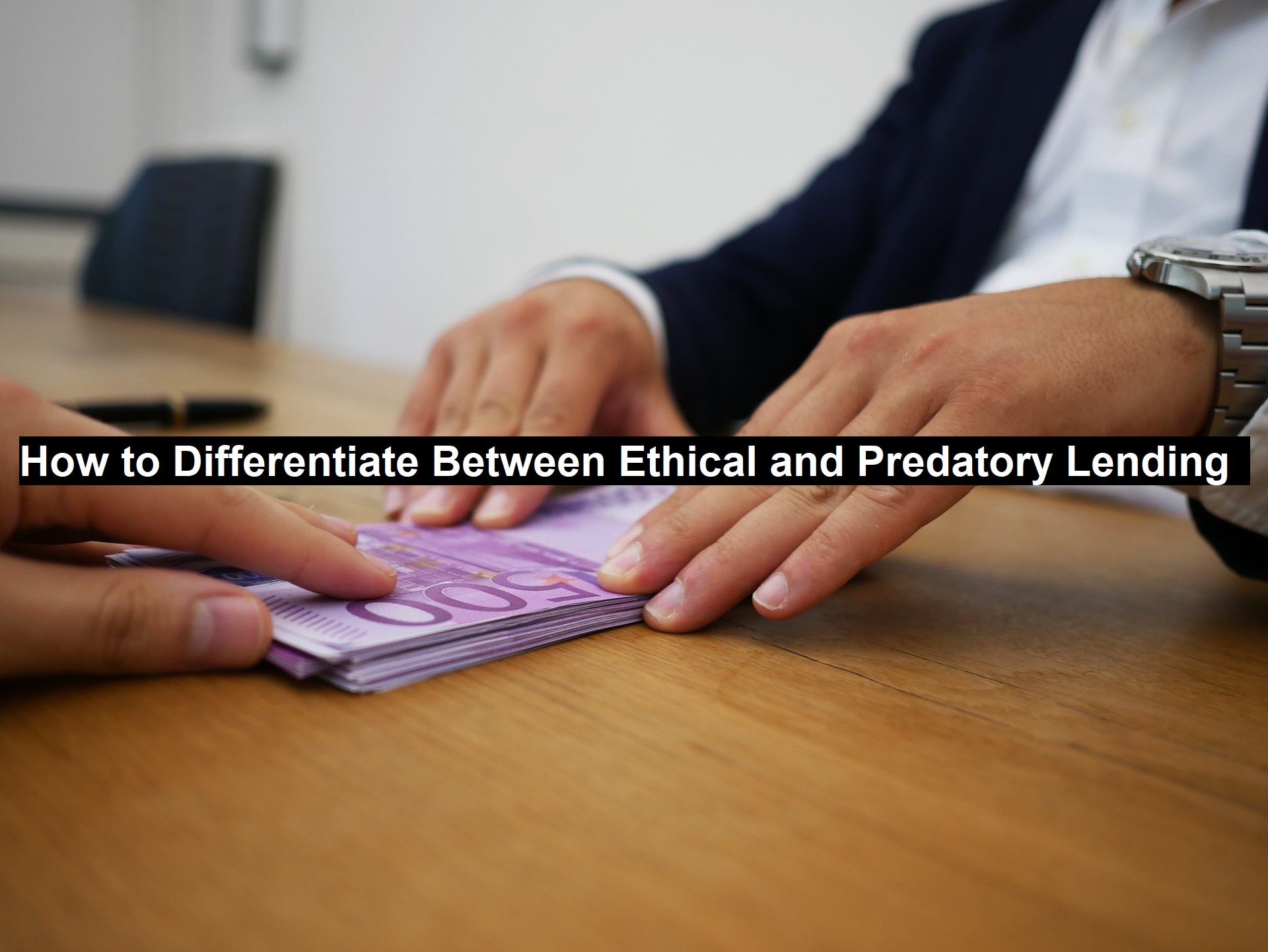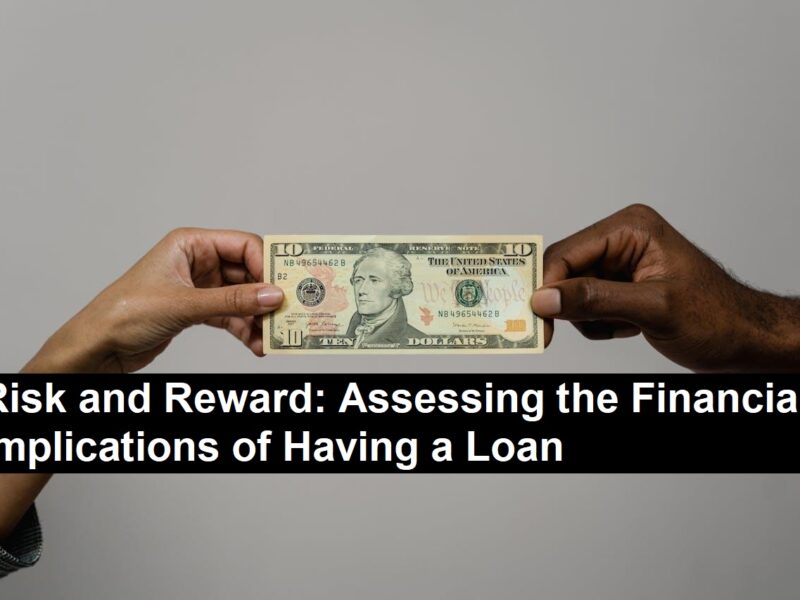Borrowing money can be helpful when used wisely, but you need to understand that not all lenders have your best interests at heart.
While some offer fair and transparent loan terms, others may use unfair practices that can trap you in a cycle of debt. That’s why you should know how to differentiate between ethical and predatory lending.
Ethical lenders focus on helping people meet their financial needs in a responsible way. On the other hand, predatory lenders often take advantage of vulnerable borrowers through high interest rates, hidden fees, and misleading terms. Understanding how to tell them apart is key to protecting your finances.
In this article, we’ll break down the signs of both ethical and predatory lending, so you can make informed decisions when borrowing money. If you want to take out a personal loan, knowing what to look for can help you avoid harmful financial traps.
Read: ADHD and Finances: Effective Money Management Strategies
What Makes a Loan Ethical?
An ethical loan is one that’s fair, honest, and transparent. These credit options are designed to help you, not hurt you.
Ethical lenders will clearly explain the loan terms, including the interest rate, fees, and repayment schedule, so you know exactly what you’re signing up for. They’ll check your ability to repay the loan before approving it, which will prevent you from falling into debt.
Ethical loans also come with reasonable interest rates and no hidden charges. If you have questions, the lender should be willing to answer them clearly and honestly.
Overall, an ethical loan puts your financial well-being first and helps you borrow responsibly without pressure or tricks. It’s about building trust and offering real support.
Warning Signs of Predatory Lending You Should Never Ignore
Predatory loans are designed to take advantage of people and sometimes lead them into deeper debt. One of the biggest warning signs is extremely high interest rates or hidden fees that make the loan much more expensive than it first seems.
If a lender pressures you to sign quickly or doesn’t fully explain the terms, that’s a red flag too. You also need to be cautious if you’re approved for a loan without anyone checking your income or credit. All lenders will check your credit history and income in one way or another to minimise their risk. If a lender avoids doing that, it means they’re not trying to reduce their risk while borrowing and may have ulterior motives.
Some predatory lenders also include unfair terms that make it difficult to pay off the loan early. That’s why it’s important to always read the fine print and ask questions. If something feels off or too good to be true, it probably is.
Key Features That Set Ethical Lenders Apart
Ethical lenders stand out because they focus on helping you, not just making money from you. They’ll offer clear and honest loan terms, so you understand exactly what you’re agreeing to – that means no hidden fees or confusing fine print.
They’ll also check your ability to repay before giving you a loan, which helps protect you from taking on more debt than you can handle. Some direct lenders also determine loan eligibility based on financial capacity rather than credit scores.
Additionally, ethical lenders are easy to contact; they’ll answer your questions patiently, and they’ll never rush or pressure you to sign. They’ll follow all laws and treat you with respect, offering support if you face trouble making payments.
In short, ethical lenders care about your long-term financial health and work with you in a fair and responsible way.
Questions to Ask Before You Sign Any Loan Agreement
Before signing any loan agreement, it’s important to ask the right questions. First, ask what the total cost of the loan will be, including interest and fees. Then, ask about the interest rate – is it fixed or can it change?
You’ll also need to find out how long your total loan repayment period is and what the monthly payment will be. Additionally, check if there are any penalties for paying it off early. Make sure to ask if there are any hidden charges or conditions as well.
It’s also essential to check if the lender will report your payments to credit bureaus, which can help build your credit. Don’t be afraid to ask for everything in writing and take your time to read it carefully. If anything seems unclear, ask for an explanation before you sign.
To Sum Up
Understanding the difference between ethical and predatory lending can protect you from financial stress and long-term debt. If you know what to look for and you ask the right questions, you can make smarter borrowing decisions.
It’s important to always choose lenders who are transparent, fair, and respectful of your financial situation. If something doesn’t feel right, trust your instincts and walk away. A good loan should help you, not add to your burden.



